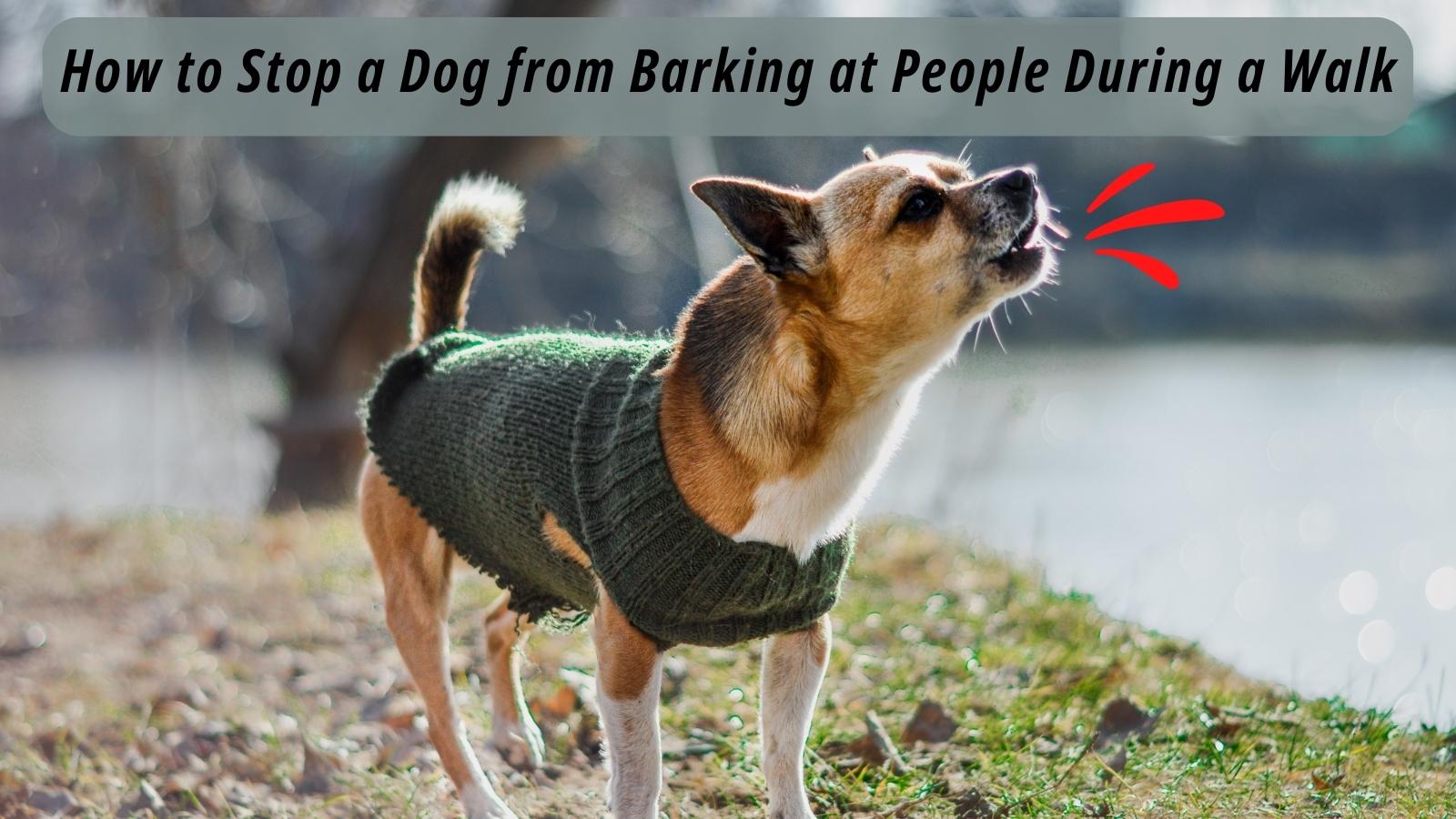How To Stop The Neighbor's Dog From Barking

Persistent barking disrupting your peace? Experts reveal proven methods to silence the noise and restore neighborhood tranquility.
This guide provides actionable steps to address excessive dog barking, focusing on communication, training, and legal options. We cut through the noise to deliver practical solutions for immediate relief.
Understanding the Barking
Before taking action, identify the root cause. Is it anxiety, boredom, territoriality, or attention-seeking?
Understanding the trigger is crucial for effective intervention.
Direct Communication: The First Step
Politely speak to your neighbor.
Explain how the barking affects you, emphasizing specific times and durations.
Approach the conversation with empathy; they may be unaware of the problem's severity.
Training Solutions: What Your Neighbor Can Do
Suggest professional dog training.
Certified trainers can identify the underlying cause and implement behavior modification techniques.
Common techniques include desensitization and counter-conditioning, which gradually expose the dog to the trigger while rewarding calm behavior.
Bark Collars: A Controversial Option
Discuss the potential use of bark collars with your neighbor.
These collars deliver a citronella spray, vibration, or static correction when the dog barks.
Humane options, like citronella spray collars, are generally preferred, but effectiveness varies greatly.
Environmental Enrichment: Reducing Boredom
Suggest increased exercise and mental stimulation for the dog.
Longer walks, puzzle toys, and interactive play can alleviate boredom-related barking.
A tired dog is often a quiet dog.
When Communication Fails: Documenting the Problem
If direct communication doesn't yield results, document the barking incidents.
Keep a log with dates, times, durations, and specific descriptions of the noise.
Audio or video recordings can provide further evidence.
Legal Avenues: Reporting the Noise
Check your local noise ordinances.
Many cities and counties have regulations regarding excessive noise, including dog barking.
Contact your local animal control or code enforcement agency to file a complaint.
Mediation Services: A Neutral Approach
Consider involving a mediation service.
A trained mediator can facilitate a discussion between you and your neighbor, helping to find a mutually agreeable solution.
This can be a less confrontational alternative to legal action.
Preventive Measures: Avoiding Future Issues
Encourage responsible pet ownership in your community.
Promote awareness of barking issues and resources for dog owners.
This proactive approach can help prevent similar problems from arising in the future.
Essential Resources
Consult the Humane Society for information on dog training and behavior modification.
Contact your local Animal Control for noise ordinance information and complaint procedures.
Seek advice from a Certified Professional Dog Trainer (CPDT-KA).
Ongoing Developments
Local lawmakers are reviewing existing noise ordinances. Possible updates could lead to stricter enforcement and penalties for excessive barking.
Stay informed about these potential changes in your community.


















